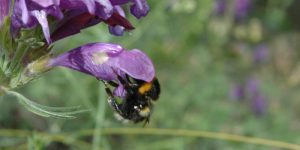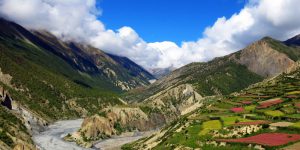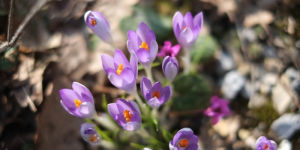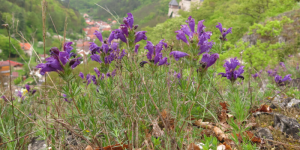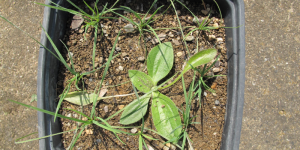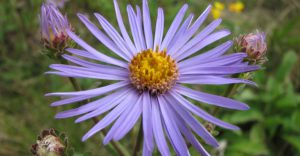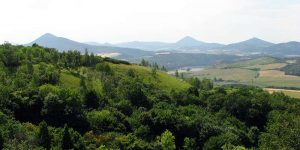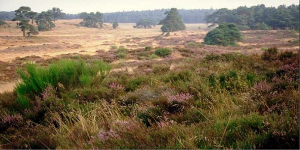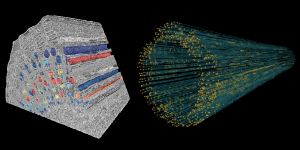About us
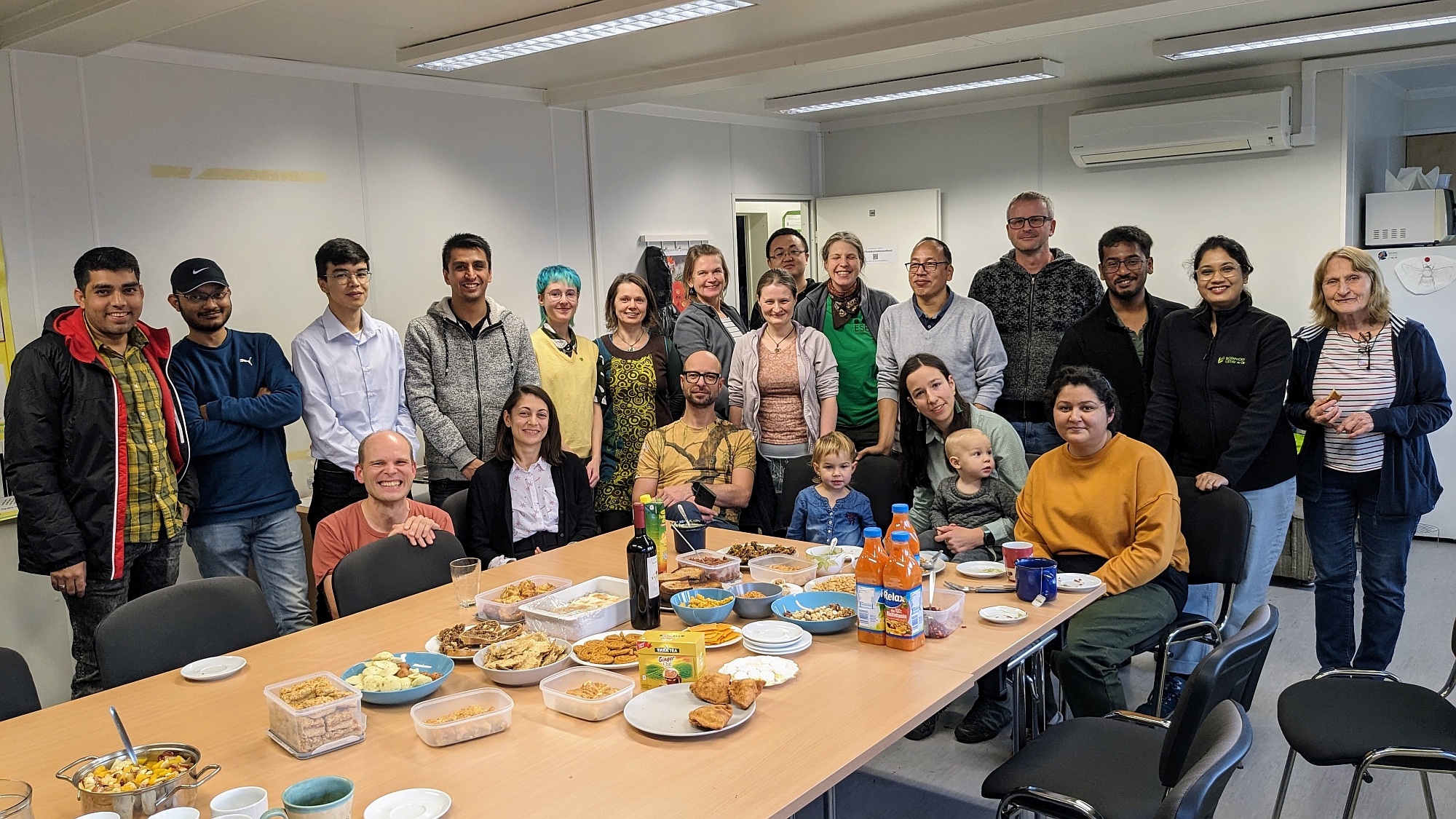
Understanding ecology and genetics of natural populations is a major aim of the research within our department. We do so at many different levels as specified below using a wide range of model organisms and systems. While our primary focus is on forbs and grasses in open habitats within Central Europe, several our projects go also beyond this scope. These include done in other areas of the world such as Norway, Nepal Himalayas or the Canary Islands.
We meet almost every Wednesday at 11AM on departmental seminars. For a schedule see the calendar.
Other photos of our department.
Research topics:
01. Biotic interactions
Biotic interactions We focus on various plant-plant, plant-soil and plant-animal interactions. Plant-plant interactions include studies dealing with intraspecific and interspecific competition. Plant-soil interactions include studies of plant associations with arbuscular mycorrhizal...
read more...02. Species adaptation to climate change
Species adaptation to climate change Climate change represents one of the greatest challenges for natural plant and animal populations. We study how the plants are able to face novel climatic...
read more...03. Ecological epigenetics
Ecological epigenetics The phenotype and behaviour of plants can be significantly influenced by the environmental conditions encountered by their antecedent generations. These influences, known as transgenerational effects, could potentially be...
read more...04. Conservation biology
Conservation biology Recent rapid extinction or decline of population size of many plant species is a major challenge of current ecology. Within our research we aim to tackle these threats...
read more...06. Plant species coexistence
Plant species coexistence Why some plant communities are locally more diverse than other communities of the same vegetation type or why local diversity changes in the face of global drivers...
read more...07. Ecology of polyploids
Ecology of polyploids Understanding the consequences of polyploidization is a major step in the attempt to understand species diversification. Within our research we are primarily interested in the consequences of...
read more...08. Landscape ecology
Landscape ecology Plant populations only rarely evolve and exist independently of their surroundings and landscape context. We study patterns of species diversity and distribution in relation to landscape characteristics such...
read more...09. Extant habitat types function as harbors of evolutionary heritage
Extant habitat types function as harbors of evolutionary heritage Habitats within regions are important for the maintenance of past diversification of plants, possibly no less important than different climatic zones. By...
read more...10. Scaling plant hydrodynamic function
Scaling plant hydrodynamic function Plants must acquire and move sufficient water resources to sustain carbon capture for photosynthesis. Small-scale plant hydraulic processes constrain plant evolution and mediate large-scale exchanges of...
read more...

